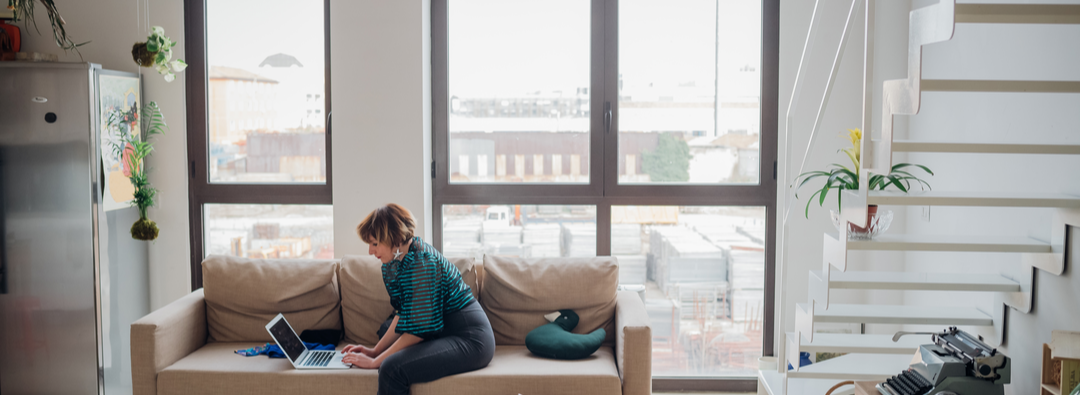By using our site, you agree to our cookie policy.
What documents do I need to get a mortgage?
Whether you’re looking to buy your first home or upgrade to something bigger, there are two main considerations when working out your budget — your deposit and your mortgage.

How to get a mortgage
Once you have your deposit together, you’ll need to find out how big of a mortgage you can get. That way you know what your budget is and can start looking for properties. But a lot of people find getting a mortgage intimidating. How do you get a mortgage? What documents do you need to get a mortgage? Don’t worry, we’ll talk you through it. If you’re seriously looking at buying, we offer straightforward mortgage advice — without the jargon. But if you just want to dip your toe in the water, we’ll get into the basics here. Here are the documents you're likely going to need (we'll go into each one and why in more detail): Proof of ID Payslips P60 Recent bank statements Proof of deposit Any information on life or home insurance policies Information on any loan commitments or debts — like credit cards or car loans
Why do you need all of these? If you’re looking to buy your first home, upgrade, find an investment property — or simply just remortgage for a better deal — you’ll need to go through the mortgage process. And that means some paperwork. All of the documents that you need to get a mortgage basically boil down to proving you can handle the size of the loan and that you’re trustworthy enough to pay it back. Oh — and they’re going to want to make sure you are who you say you are, of course. That one’s important. Any lender or mortgage advisor will talk you through all of the documents that you need, but it can help to be prepared and do a little legwork in advance. That way, you’ll feel confident and have a sense of where you stand right from the beginning. Here’s what you need to know.

Firstly, salary. How much you make shows how much you can pay back. Employed applicants should have their last 3 monthly payslips or, if you’re paid weekly, 13 weeks of pay records. Salary details
If you're self-employed or freelance, it’s a little trickier. Normally your mortgage lender will want to see at least two (and often three) years’ worth of records, from your own accountant and from what you submit to HMRC using form SA302 — as well as your tax year overview statements. Some lenders may wish to see your most recent business bank account statements, too. You should also bring along evidence of any money you earned on the side or benefits you received from the government. When you’re self-employed, it helps to give a full sense of your income over the past few years so that lenders can feel assured your income is steady.

Do you need a P60 for a mortgage?
It’s handy to have your most recent P60 available when you're applying. Not sure what those are? The P60 is given to you at the end of every tax year by your employer, and just shows how much money you've earned and all of the tax you’ve paid for the year. If you can’t find one of your P60 forms, don’t worry — you can ask your employer to provide a replacement.
If you've had past credit-related issues, don't despair — it's still possible to get a mortgage."
Next: How do you handle money? This part isn’t as scary as it sounds. Your lender will just want to see three months’ worth of bank statements from your current account and any other bank accounts you use, whether you're employed or freelance, to check that you're able to handle your monthly outgoings, and to make sure you don't spend more money than you earn. They’ll also want information on any credit commitments you currently have — like credit cards, overdrafts and loans, such as a student loan or car financing. This helps to show that you’re not already in more debt than you can handle — and that you’ve been able to responsibly pay back a loan in the past. Evidence you can handle your finances

If you have had past credit-related issues, don't despair — it is still possible to get a mortgage. The mortgage broker or lender will need to understand what has occurred, when it happened, and your current position. So have this information to hand — it’s best to be open upfront, so they can find the best way to help you.
As we said, they want to know that you are who you say you are. Bring along a couple of utility or council tax bills as proof of address, and one photographic form of identification like your driving license or passport. Easy. Proof of identity
There are a few other bits and bobs they’re likely to ask you for, so it can help to have them handy. Details of any life or home insurance policies you have Information on the property you intend to buy (if you’ve gotten to that stage of the process) Contact details of your solicitor Proof of your deposit — either your own bank or savings account statement or a signed letter from someone giving you the money, with a copy of their statement showing they have itOther key information

Getting a mortgage can feel intimidating, but it’s more straightforward than you think. With the right documents to hand, the process can be smooth sailing. Remember, it pays to be prepared.
Let's get you moving
Want fast, easy mortgage advice?
We offer simple, straightforward mortgage advice — without the stress. We have access to over 12,000 mortgage deals to make sure you’re getting the best possible rate and and having a mortgage broker on your side can make all the difference. It's the fast, easy mortgage advice you've been looking for.

Strike feel free
Copyright © Strike Limited 2024

